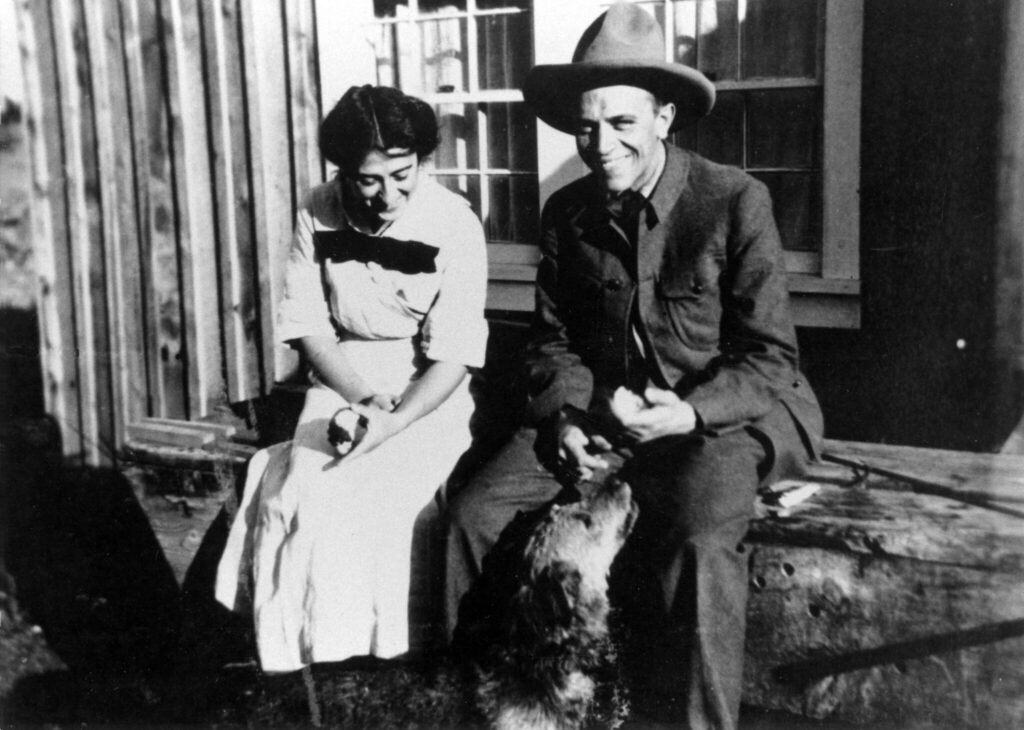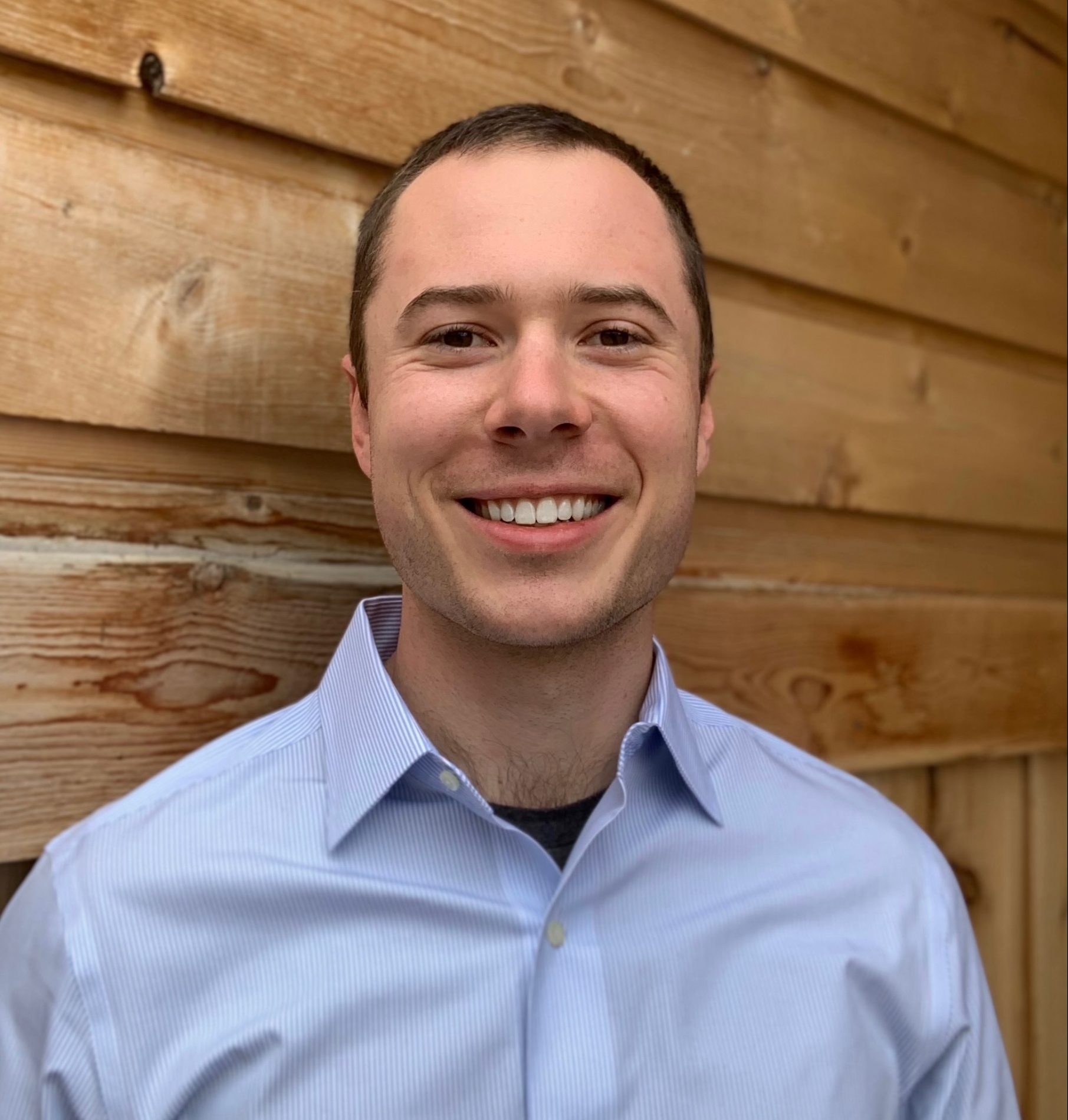One hundred and thirty-three years ago, a second generation German immigrant named Clara Starker and her husband, Carl Leopold, had a son, Aldo. Over the next 61 years, Aldo Leopold would grow from a quiet youth cataloguing backyard birds into the architect of the world’s first official wilderness area, America’s first professor of wildlife management, and an essential leader of the conservation movement.
Leopold’s birthday came and went last weekend, but it’s never too late to honor his legacy as a teacher, philosopher, and wilderness sage whose writing continues to shape American land stewardship.
Leopold wrote his most famous work almost 75 years ago, from an 80-acre farm in the “Sand Country” of Wisconsin. The Sand County Almanac, a collection of bucolic reveries and conservation essays, envisions a new approach to nature—a “Land Ethic” that “changes the role of Homo sapiens from conqueror of the land-community to plain member and citizen of it.”
Since the Almanac was first published, it has sold over two million copies, and environmental policy has come a long way, but we’re still a far cry from realizing Leopold’s vision of “harmony with the land.” Today, almost a week after his 133rd birthday, it’s worth asking—what can we do to give Leopold what he wanted most?
Embracing Leopold’s Land Ethic would mean changing the way we value nature, widening our focus from what is “economically expedient” to also include “what is ethically and aesthetically right.” That doesn’t mean that our society should stop growing, consuming, or using nature for our benefit. But it would require striking a balance between competing uses of the land.
In his day, Leopold was acutely aware of what could happen if resource extraction outbalanced conservation. His own property in Wisconsin was a testament to the reckless extraction of certain types of natural value; years of overgrazing, logging, and poor fire management had depleted wildlife, left the soil poor, and left people poorer.
Leopold worried about balancing the impact of outdoor recreation, too, which extracts value from nature through the development of wildlands for tourism and the hunting of fish, fern, fowl, and fur.
Essential to the Land Ethic is realizing that conservation is another, valuable type of land use that can and should compete with the other types. The challenge, as Leopold saw it, is in creating institutions that can simultaneously enable competition and cooperation between opposing land users, reconciling their conflicting preferences for the benefit of all. In Leopold’s day, policy hadn’t delivered. Artificial management strategies, in his view, left some people satisfied and others “ready to bite off ten-penny nails.”
In a 1934 essay titled “Conservation Economics,” Leopold asserted that part of the answer was for government to purchase public lands. But that wasn’t enough. “In the long run,” he wrote, “it is exactly as effective as buying half an umbrella.”
The other half of the solution would have to come from private landowners, who own about 60 percent of America’s land area today. Creating harmony with private lands, he wrote, “will ultimately boil down to rewarding the private landowner who conserves the public interest.” This means finding ways to make conservation pay, enabling it to compete with other types of land use and sustain itself through time.
Leopold was, at times, leary of economic forces, which he held responsible for degrading the environment of his Wisconsin farm and many other American landscapes. He worried that markets couldn’t always account for the aesthetic and cultural value of nature. But in looking to the future, he saw clearly that “incentives are more promising than penalties.”
In 1934, Leopold admitted that supporting financial incentives for conservation would qualify him “for the asylum for political and economic dreamers.” But not today. Markets have come a long way, and continue to evolve, mediating between conflicting desires to conserve and consume. Walk into any grocery store and watch individuals happily paying more for sustainable goods, supporting the stewardship of landowners far away.
Other examples abound—conservation organizations paying landowners to plant butterfly habitat, keep irrigation water in-stream for fish, or to flood rice fields in time to support migrating birds. In every case, people are making their voices and preferences heard through cooperative exchange, striking new balances between competitive interests.
Leopold would agree that conservationists’ work is never done. We are still far from harmony with the land. But today, less than a week after Leopold’s 133rd birthday, we can be sure he’d be proud of our progress.




